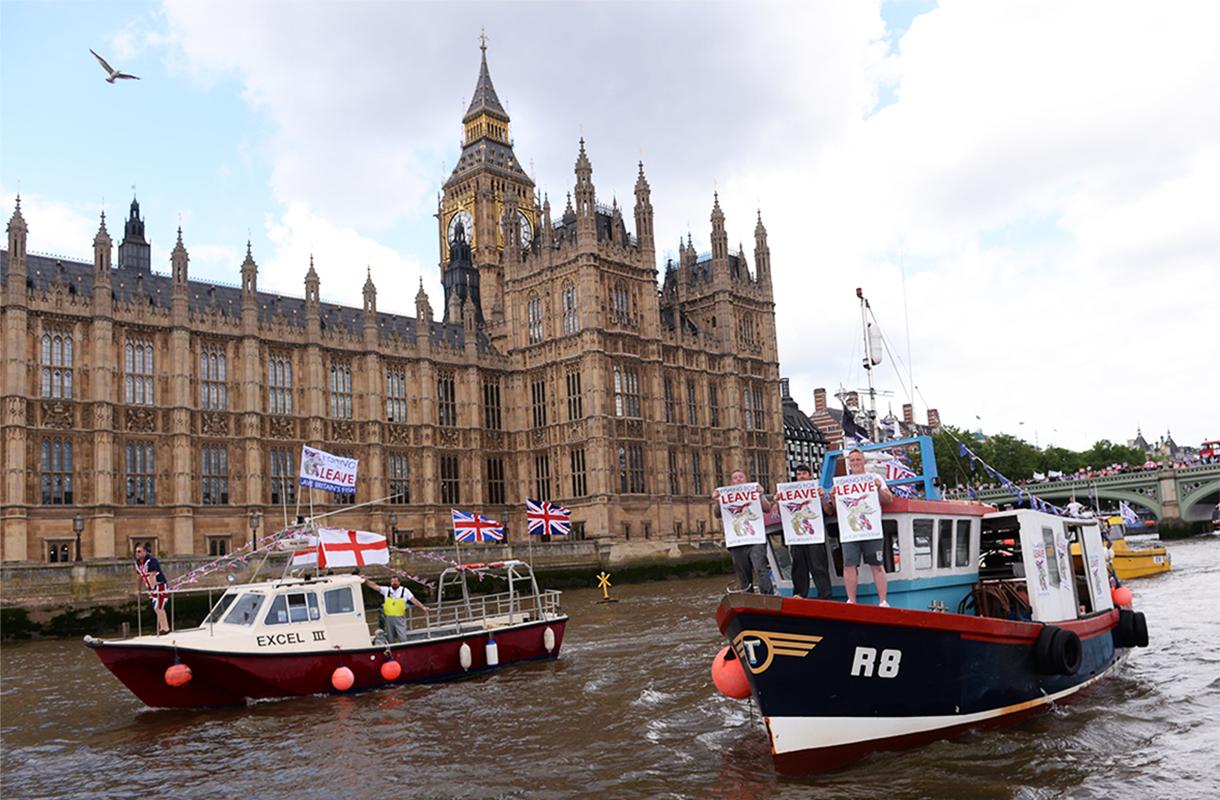UK fishing industry will need European market access to thrive after Brexit, peers warn
EU member states may demand more access to UK in trade-off for return for market access, Lords committee warns

Your support helps us to tell the story
From reproductive rights to climate change to Big Tech, The Independent is on the ground when the story is developing. Whether it's investigating the financials of Elon Musk's pro-Trump PAC or producing our latest documentary, 'The A Word', which shines a light on the American women fighting for reproductive rights, we know how important it is to parse out the facts from the messaging.
At such a critical moment in US history, we need reporters on the ground. Your donation allows us to keep sending journalists to speak to both sides of the story.
The Independent is trusted by Americans across the entire political spectrum. And unlike many other quality news outlets, we choose not to lock Americans out of our reporting and analysis with paywalls. We believe quality journalism should be available to everyone, paid for by those who can afford it.
Your support makes all the difference.Brexit could be good news for Britain’s fishing industry, but it will need continued access to European markets if it is to take full advantage of the opportunities posed.
A new report from the House of Lords EU Committee also warned that other EU nations could demand greater access for their ships to UK waters as part of a trade-off for market access.
66 per cent of UK fish exports go to the EU, meaning tariff-free or low-tariff trade must be preserved, the report said.
The UK fishing industry represents 0.5 per cent of UK GDP, and is of crucial importance to many coastal towns.
Brexit will mean the UK leaves the Common Fisheries Policy, and gains the right under international law to control who fishes within its waters.
But the much criticised policy has also helped maintain stocks and prevent over-fishing, aspects which the report recommends must be maintained after Brexit.
Lord Teverson, chairman of the Lords EU Energy and the Environment Sub-Committee, said: “Many people in the UK fishing industry were vocal supporters of Brexit and there is a strong sense that it presents an opportunity for them to grow and develop the industry.
“That may very well be the case but if that opportunity is to be taken, while ensuring fishing does not return to the unsustainable levels of the past, we need to ensure the recent positive developments of the Common Fisheries Policy, largely promoted by the UK, are not discarded.
“Fish stocks are a shared resource and fish don’t recognise national borders. We will have to continue managing fish stocks in a responsible and co-operative way to prevent over-fishing.
“The UK fishing industry relies heavily on trade with the EU.
“Brexit will involve many trade-offs, and it may very well be that EU member states demand more access to UK waters than some fishers would want in return for our continued rights to sell fish to the European market with zero tariffs.
“What we are absolutely clear on is that the fishing industry and the coastal communities who rely on that industry should not be overlooked and must be fully consulted.
“While fisheries is a relatively small part of the UK economy, it is of fundamental importance to a great many people in different parts of the UK, from Brixham to Grimsby and Newlyn to the Shetlands. Those voices must be heard in the negotiations.”
Join our commenting forum
Join thought-provoking conversations, follow other Independent readers and see their replies
Comments